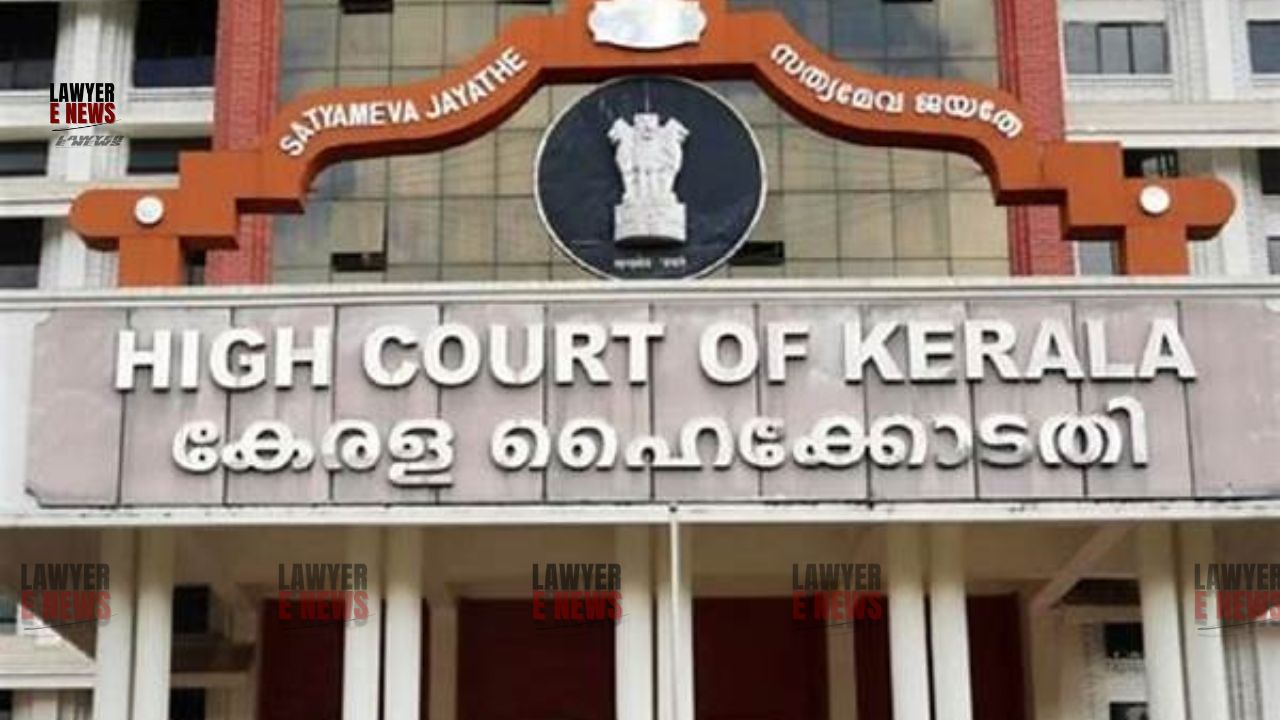-
by Admin
15 February 2026 5:35 AM



The High Court at Calcutta has overturned the conviction of Chuiya @ Binod Mahato, who was previously found guilty under Section 304 Part II of the Indian Penal Code (IPC) for causing the death of Naresh Shaw. The court, presided by Justice Partha Sarathi Sen, emphasized inconsistencies in the medical evidence and gaps in the prosecution’s case as critical reasons for the acquittal.
The incident occurred on August 11, 2000, when Naresh Shaw was supervising the construction of a brick boundary wall. According to the complaint lodged by Shaw’s wife, Parbati Shaw, Chuiya @ Binod Mahato and his brother Kanchaiya attacked her husband, leading to severe head injuries. Initially treated at Asansol Sub-divisional Hospital, Shaw was later referred to Burdwan Medical College and Hospital but succumbed to his injuries. Subsequently, an FIR was filed under Sections 341 and 325 of the IPC, which was later amended to include Section 304 IPC following Shaw’s death.
Justice Sen scrutinized the testimonies of medical officers (PWs 1, 3, and 4) and found discrepancies regarding the injuries sustained by the deceased. The initial medical report from PW1 did not mention a skull fracture, which was later noted in the autopsy by PW3. “Non-explanation of the 22-hour gap in medical records casts serious doubts on the prosecution’s claim,” the court observed. This time gap, between Shaw’s referral to Burdwan Medical College on August 12 and his readmission to Asansol Sub-divisional Hospital on August 13, remained unexplained and crucial to the case.
The court also noted contradictions in the testimonies of PW5 (the informant) and PW9 (the scribe of the complaint). PW5’s statements about the circumstances under which the complaint was lodged were inconsistent, affecting the reliability of the prosecution’s narrative. Additionally, the court highlighted that the earliest opportunity to identify the assailant was missed, as neither the victim nor the informant named the attacker to the initial treating doctor (PW1).
The judgment underscored the principle that in criminal trials, if two views are possible—one pointing to the guilt of the accused and the other to his innocence—the view favoring the accused must be adopted. “In light of the contradictory medical evidence and the unexplained time gap, the possibility of an alternative cause for the fatal injury cannot be ruled out,” stated Justice Sen. The court cited the Supreme Court’s ruling in State of Rajasthan vs. Raja Ram to support this stance.
Justice Sen remarked, “The golden thread which runs through the web of administration of justice in criminal cases is that if two views are possible on the evidence adduced in the case, one pointing to the guilt of the accused and the other to his innocence, the view which is favourable to the accused should be adopted.”
The High Court’s decision to set aside the conviction underscores the critical importance of consistent and thorough medical documentation in criminal cases. By highlighting the gaps and contradictions in the prosecution’s evidence, the judgment reinforces the legal standard that favors the accused in cases of doubt. This ruling is expected to influence future cases where medical evidence plays a pivotal role, ensuring that justice is not compromised by procedural lapses.
Date of Decision: July 31, 2024
Chuiya @ Binod Mahato vs. The State of West Bengal
